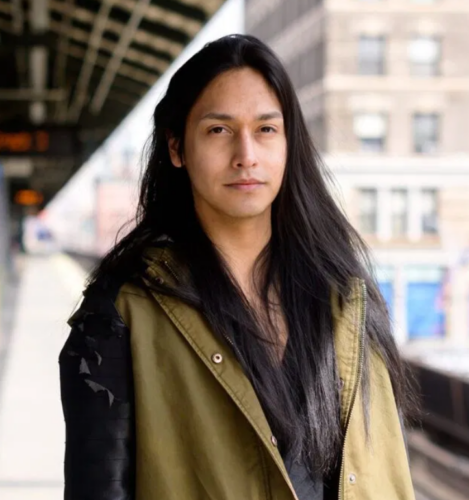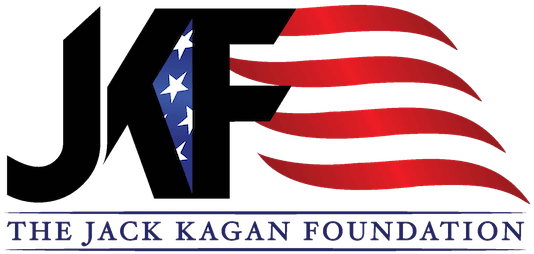
Jack Kagan valued being a contributing member of his local community. Supporting economically challenged groups in the community was part of his philanthropic mission.
The cultural significance of indigenous communities throughout the United States is substantial. The native peoples in this country have rich and diverse histories and customs that we continue to learn from today. Our understanding of the native cultures and the struggles they face can be used to deepen the way we think about history, art, geography, civics, engineering, and many other areas. Unfortunately, the Native American communities in the United States have faced extreme hardships in the last few centuries. More recently, these important communities have been experiencing high levels of social and economic inequity. These communities have been disproportionately affected by climate change, and experience higher rates of poverty and unemployment than other racial groups.
For example, according to the US Government Accountability Office, “tens of thousands of American Indians and Alaska Natives do not have safe drinking water or wastewater disposal in their homes.” Additionally, they have found that about 35% of Americans living on tribal lands lack access to broadband services, which can limit economic opportunity, education, and even public safety.
Challenges that Native people face are experienced socially, economically, culturally, and on many other fronts, and include but aren’t limited to:
- Impoverishment and Unemployment
- COVID-19 Pandemic After Effects
- Violence against Women and Children
- The Climate Crisis
- Less Educational Opportunities
- Inadequate Health and Mental Health Care
- Continued Issues with Voting Rights
- Native Languages are Being Threatened
There are currently 574 tribes recognized by the federal government, which are faced with these ongoing issues. The Native Americans, a diverse race of people, are subjected to racial abuse, societal discrimination, incorrect and inappropriate depictions in the media and arts, mental, spiritual, and physical violence, and much more. These historical and social hurdles have resulted in many Native Americans succumbing to physical and mental health challenges, as well as not being seen or heard by the rest of society. Many of these challenges are faced by the indigenous regardless of whether or not they live on a reservation. You can find much more information on these issues on sites including the Indian Law Resource Center, and the Bureau of Indian Affairs. There are many ways to support our indigenous neighbors. Many local charities work to help provide clean water, medical services for the elderly and those in need, support fee-free spay and neuter clinics to curb the excess in stray pets, and a myriad of other innovative ways to help them thrive on often unforgiving land. In helping our neighbors, we help ourselves through reducing poverty, disease, and crime, and by buoying the health of all.
Our Foundation does not single out minorities, including Native Americans, for a specific mission.
We do, however, focus on all who are disadvantaged or disabled. Native Americans often fall into our areas of support because of the inherent challenges they face in today’s world. We support struggling Native American artists through our grants to the Southwestern Indian Arts Association, Native American children through the New Mexico Children’s Foundation, the ill through local medical charities, pets and animals through veterinary and shelter non-profits, and indirectly through our missions that focus on all children, improved medicine and medical services, veterans, and all in our communities.
You can support them in innumerable ways by talking to your local community representatives. You can also help by supporting our efforts. Please consider joining our team by donating here.
